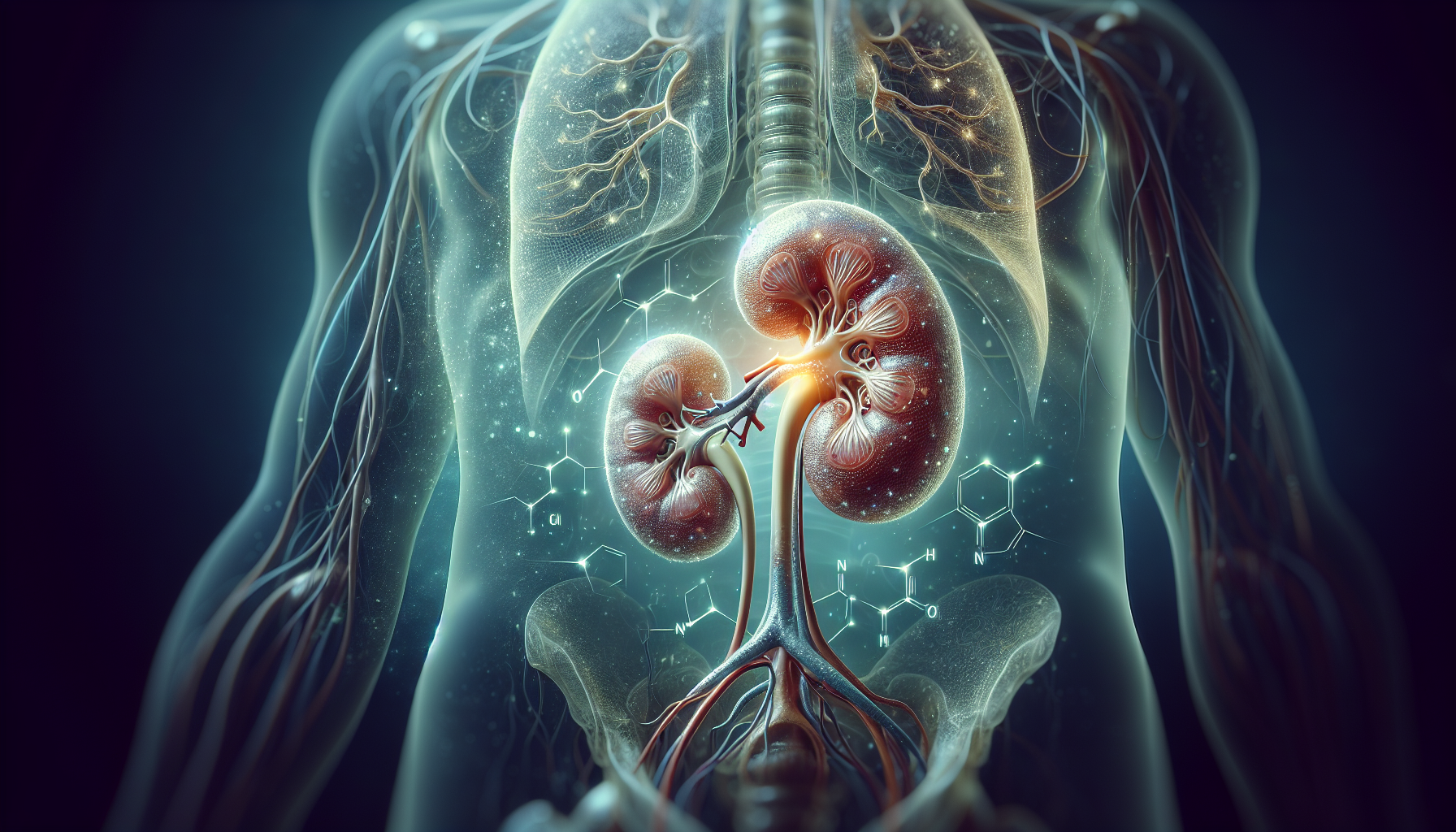New Hope for Kidney Transplant Patients: Promising Results for Felzartamab
Key Takeaways
- Felzartamab shows promise in treating late-stage AMR in kidney transplant patients.
- 82% of patients on felzartamab experienced resolution of AMR compared to 20% with placebo.
- Future studies aim to further develop felzartamab for AMR and other immune-mediated diseases.
Did You Know?
Introduction to Late Antibody-Mediated Rejection (AMR)
Antibody-mediated rejection (AMR) is a significant challenge for kidney transplant recipients. Despite current treatments, AMR remains a leading cause of transplant failure, impacting approximately 23,000 transplant recipients in the United States. This type of rejection often occurs even with the use of standard immunosuppressive therapies, leading to a high demand for new, effective treatment options.
Human Immunology Biosciences (HI-Bio™) has recently announced promising results from a Phase 2 clinical trial of felzartamab, a novel therapeutic designed to tackle late-stage AMR in kidney transplant patients.
Felzartamab: A New Hope
Felzartamab is an investigational monoclonal antibody targeting CD38+ cells, which include plasmablasts, plasma cells, and natural killer (NK) cells. These cells are believed to play a critical role in AMR and other immune-mediated diseases. The Phase 2 study was double-blind and placebo-controlled, with the aim of evaluating the safety and efficacy of felzartamab in adults experiencing late AMR.
Participants were randomly assigned to receive either felzartamab or a placebo, with nine infusions administered over 20 weeks. This was followed by a 32-week observation period. Of the 22 patients enrolled, those receiving felzartamab showed significant improvements compared to the placebo group.
Study Results
The results of the study were quite encouraging. At 24 weeks, 82% of patients receiving felzartamab showed resolution of AMR, compared to just 20% in the placebo group. Additionally, patients treated with felzartamab demonstrated reductions in disease-linked biomarkers and stabilization of estimated glomerular filtration rate (eGFR), an important indicator of kidney function.
Another significant finding was the improvement in microvascular inflammation (MVI) scores. 63% of patients treated with felzartamab achieved an MVI score of 0, indicating no inflammation, and all patients in this group showed improvement in their MVI scores.
Safety and Tolerability
Felzartamab was well-tolerated among study participants, with most adverse events being mild to moderate, such as infusion reactions typically occurring during the first administration. Importantly, there were no treatment-related discontinuations, indicating a favorable safety profile for this potential new therapy.
Implications for the Future
The successful results of this trial support the advancement of felzartamab into later stages of development. This novel therapeutic approach could potentially become the first effective treatment for late-stage AMR, significantly improving outcomes for kidney transplant patients.
A Large Unmet Need
With approximately 93,000 patients on the kidney transplant waiting list in the United States, and one in 20 dying each year while waiting for a transplant, effective treatments for preventing transplant rejection are crucial. AMR, despite current preventive measures, continues to pose a severe threat to the longevity of kidney transplants.
Dr. Georg Böhmig, a key investigator in the study, highlighted the significant impact this new treatment could have, emphasizing the large unmet need for effective AMR therapies to preserve kidney function and extend the life of transplants.
Future Directions
Based on these positive findings, HI-Bio plans to advance felzartamab into late-stage clinical trials for AMR. The company also aims to explore its use in other immune-mediated diseases, where similar unmet needs exist, potentially offering new hope for a wide range of conditions.
Conclusion
The Phase 2 study results for felzartamab represent a significant step forward in the fight against late antibody-mediated rejection in kidney transplant recipients. With its favorable safety profile and promising efficacy, felzartamab could greatly improve the quality of life for many patients, ensuring the longevity of their transplants and drastically reducing the burden of AMR.






